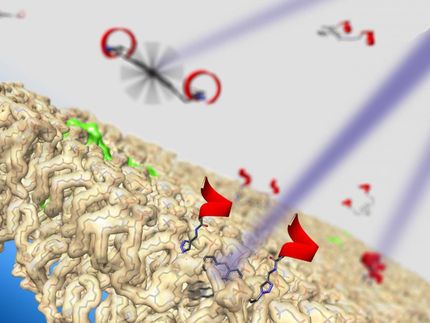First Published Study of New HPV Test for Developing Countries Shows High Accuracy in Predicting Cervical Disease
QIAGEN's careHPV test provides "substantially more accurate"
Advertisement
A new HPV (human papillomavirus) test developed by QIAGEN specifically for use in regions of the world with scarce resources is "substantially" more accurate in identifying women with cervical disease than the current methods (Pap testing and visual inspection) in these countries. The first published study of patient outcomes with QIAGEN's careHPV test - developed with support from PATH, a non-profit global health organization - appears in Lancet oncology.
The new test for HPV is being developed by QIAGEN NV in partnership with PATH, which receives funding for this project from the Bill and Melinda Gates Foundation. The careHPV test is specially designed to allow women in areas with scarce healthcare resources to benefit from the advanced technology of HPV testing: It produces rapid, accurate results, yet is also simple to run, requires minimal infrastructure and will be affordable for public-health programs in these countries. according to the company. The product is expected to be available for pilot programs early in 2009 and more widely in the second half of that year.
The first published study of patient outcomes with careHPV involved more than 2,500 women age 30-54 in mostly rural areas of China. In developed regions with established public health budgets and programs, Pap testing (cytology) is the standard screen for cervical disease, supplemented by HPV testing in women over the age of 30 (who are most at risk). However, both the Pap and the current HPV test require "a level of infrastructure unattainable in most of the developing world," write the paper's authors.
"In countries with scarce resources, women often live in environments with few amenities or healthcare staff. In this study, the careHPV test was effectively run by inexperienced, newly trained, minimally educated technicians under difficult conditions of temperature, humidity, lighting and space," said Attila Lorincz, PhD, senior author of the study and a professor of molecular epidemiology at Barts and the London School of Medicine, as well as London's Queen Mary College. "Another advantage of careHPV is that it can produce results within two and a half hours, allowing treatment to be administered during the same visit - a critical requirement when women would likely not be able to return for follow-up care if sent home after their exam."





















































